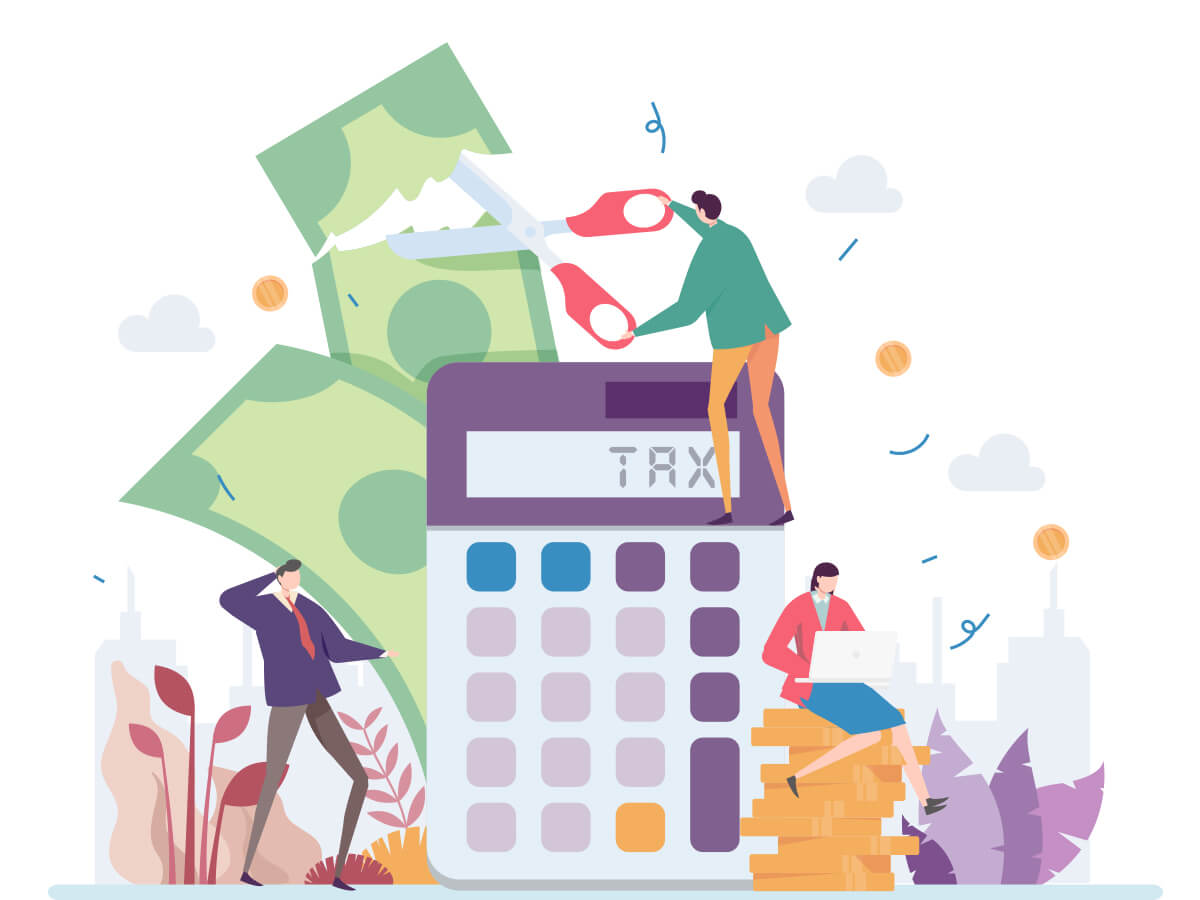In the ever-evolving world of finance, finding the right investment avenue can be a daunting task. If you’re an Indian citizen looking to save taxes and secure your financial future, a tax saving fixed deposit (FD) could be the perfect solution. As the name suggests, tax saving FDs offer a unique blend of tax benefits and guaranteed returns, making them a popular choice among risk-averse investors.
Invest Smartly with Mahindra Finance!
But what exactly are tax saving FDs, and how can they benefit you?
Here are 5 key things you need to know about tax saving FDs:
- Tax Deductions under Section 80C: The primary benefit of tax saving FDs is the tax deduction they offer under Section 80C of the Income Tax Act. You can claim a deduction of up to Rs. 1.5 lakh on your taxable income by investing in a tax saving FD. This can significantly reduce your tax liability, especially if you fall into the higher tax brackets.
- Guaranteed Returns: Unlike market-linked investments, tax saving FDs offer guaranteed returns throughout the investment period. This makes them a safe and predictable option for investors who are not comfortable with market fluctuations. The interest rates offered on tax saving FDs are generally higher than those offered on regular FDs, making them even more attractive.
- Flexible Investment Options: Tax saving FDs come with a variety of investment options to suit your individual needs and financial goals. You can choose from different tenures, ranging from 5 years to 10 years, and interest payout frequencies, such as monthly, quarterly, or annually. Some FDs also offer the option to reinvest the interest earned, which can further boost your returns.
- High Liquidity: While tax saving FDs come with a lock-in period, they still offer a degree of liquidity. In case of emergencies, you can usually withdraw your funds prematurely, although you may have to pay a penalty for doing so. This makes them a more flexible option than other long-term investment avenues like Public Provident Fund (PPF) or National Pension System (NPS).
- Safe and Secure: Tax saving FDs are one of the safest investment options available in India. They are backed by the RBI’s Deposit Insurance and Credit Guarantee Corporation (DICGC). This makes them a secure option for investors who are concerned about the safety of their principal amount.
Who should consider investing in tax saving FDs?
Tax saving FDs are a good option for a wide range of investors, including:
- Salaried individuals: If you are a salaried individual looking to reduce your tax liability, tax saving FDs can be a great way to do so.
- Senior citizens: Senior citizens often have lower risk appetites and prefer guaranteed returns. Tax saving FDs for senior citizens offer them a safe and secure investment option with attractive interest rates.
- Risk-averse investors: If you are an investor who is not comfortable with market fluctuations, tax saving FDs can provide you with peace of mind and guaranteed returns.
Additional read: Features & Benefits Of FD Account
Things to consider before investing in tax saving FDs:
- Lock-in period: Tax saving FDs come with a lock-in period of at least 5 years. This means that you cannot withdraw your funds before the maturity date without penalty.
- Interest rates: The interest rates offered on tax saving FDs are generally lower than those offered on other types of FDs.
- Tax on interest: The fixed deposit interest earned is taxable. However, you can claim a deduction for the amount invested under Section 80C.
Tax saving fixed deposits (FDs) offer a unique combination of tax benefits, guaranteed returns, and safety. They are a good investment option for risk-averse investors who are looking to save taxes and secure their financial future. If you are considering investing in fixed deposits, be sure to carefully consider your individual needs and financial goals before making a decision.

























































